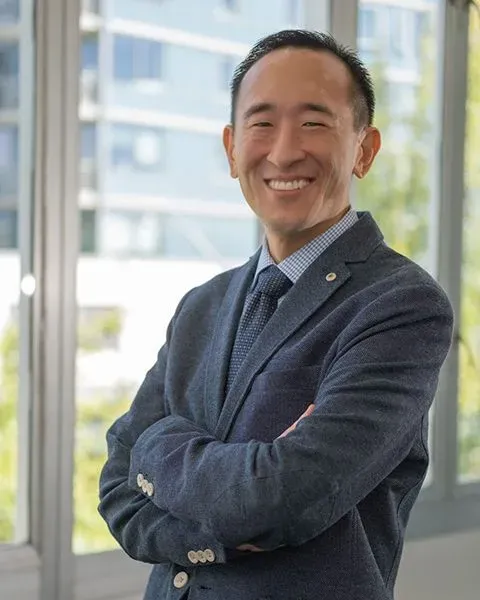
Why Physician Vacation Time Is Vital
Planning time away from work may feel daunting, but there are scientific reasons for taking a break.
October 21, 2021
Each year, Americans leave hundreds of millions of vacation days unused. In 2018, that number hit 768 million.
Physicians are no exception. The latest Medscape Physician Lifestyle & Happiness Report found that nearly one-third of physicians surveyed take no more than two weeks of vacation each year. Yet the average physician vacation allowed in most contracts ranges between 5 and 7 weeks per year.
In 2020, as the COVID-19 pandemic brought changes to workplaces and slowed travel to a halt, 92% of Americans say they canceled or postponed vacation plans, or chose not to plan one at all.
Despite travel limitations, experts say taking time away from work is critical, especially for physicians.
(Interested in finding a job where you have better work-life balance? That's one of our many specialties. Reach out to our recruiters today to explore your options.)
Science Says to Take a Vacation
Physicians are particularly prone to working long hours without much-needed breaks. This can lead to burnout. Medscape’s 2021 National Physician Burnout & Suicide Report found that 42% of U.S. physicians experienced burnout. And though the majority of physicians reporting burnout claim that it began pre-pandemic, 21% reported burnout began after COVID-19 took hold.
An often-cited reason for burnout pre- and post-pandemic is overwork, which has been connected to major health problems. A World Health Organization (WHO) study published in May 2021 connected long working hours to increased deaths from stroke and heart disease.
This underscores the many reasons physicians should use their PTO. Beyond the positives you feel from exploring a new place, or even your own city or community, there’s science to suggest that physician vacation time is good for your physical and mental health. Studies have found improved wellbeing, performance and productivity among those who take regular time off.
Prioritize Yourself
Some employers are better than others at promoting a culture that encourages well-being.
If taking time off is what energizes you — and science says it could — make sure your employer agrees. If you’re in the process of a job search, compare physician vacation policies and ask questions about company culture and attitudes toward employee wellness.
If you’re ready for some time off, there are some things you can do to prepare and make the most of your time away from work.
Make Your Vacation or Staycation a Success
Identify Your Ideal Break
Are you itching for an adventure? Or maybe you want time off to spend at your own home or exploring nearby places. The way each of us chooses to relax will be different. Be sure to think about how you want to spend your time so you can make the most of it.
Plan Ahead
Whether you are staying local or venturing abroad, planning well in advance can help to reduce the stress of being away from work. If possible, select your vacation dates weeks or months ahead of time to give yourself or others the time needed to find clinical coverage.
If you are traveling, remember that pre-planning is about more than requesting time off. You’ll need to consider other necessary tasks, like updating travel documents, pre-paying bills, notifying your home security system operator or scheduling pet boarding.
If taking time off still sounds daunting, remember that simply anticipating and planning a trip has health benefits. In fact, studies have shown elevated levels of happiness begin the moment you start choosing your destination, booking hotels and selecting activities and sights to see.
Fully Disconnect
Everyone needs downtime. Staying connected to work via a mobile phone or laptop can keep you from genuinely unplugging and enjoying your time off. Consider leaving these items behind or turned off. If you need them handy for your trip, remove apps that keep you tied to work so you aren’t tempted to check in.
If you’ve planned properly, your tasks should be delegated, and you can unwind with confidence.
Caring for Yourself to Care for Others
Clinical Medical Director Heather Tonga left a position early in her career after a brief vacation led her to realize she’d been working too much. Heather recalls a sage piece of advice a colleague gave her: Make a list of things that energize you and a list of things that drain you. Do more of what rejuvenates you, and eliminate the drains as much as possible.
“It’s important that we figure out how to take care of ourselves,” Heather says. “I’ve been there before, and I don’t want to get burnout again, because I really love the work I do.”
As you look ahead, remember to prioritize yourself, so you can continue to give back to your patients and your community. A vacation is a vital, fun and exciting way to make sure you are filling your cup and making memories to sustain you throughout the year.


